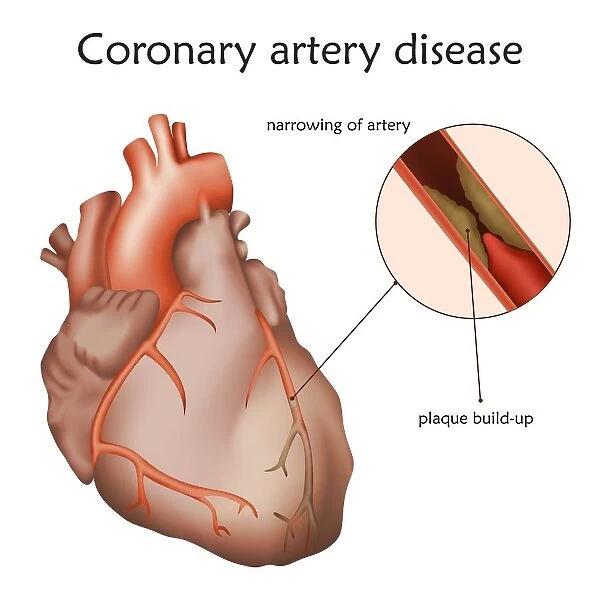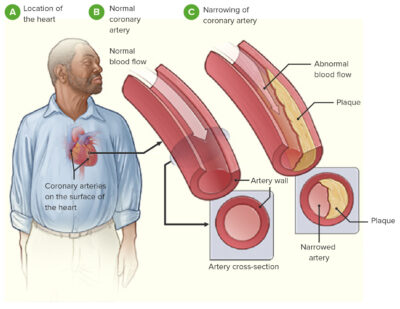
Coronary heart disease is a chronic condition that requires lifelong management. The treatments for CHD are often based on reducing risk factors, taking prescribed medications, and undergoing surgical procedures. It is important to follow a healthy lifestyle and see a doctor regularly. You should also get vaccinations to protect your heart and maintain blood pressure levels. You can also take beta blockers to control your heart rate and lower your blood pressure.
If you have CHD, you should consult a specialist. Your doctor will first check your blood pressure and assess your health history. You may be experiencing any or all of the symptoms mentioned above. A heart attack may also be a possible result of heart failure, which means your heart can’t pump enough blood. In these cases, fluid may build up in your lungs and cause shortness of breath. The most important thing to do is get an appointment with a specialist as soon as possible.
You should contact your doctor if you experience any of these symptoms. Symptoms of coronary heart disease are similar to those of other diseases. Your symptoms may not indicate whether you have the disease or not. Fortunately, doctors who specialize in heart disease can offer expert evaluation and diagnosis using the latest imaging technologies. The specialist will also perform a thorough physical examination, a detailed medical history, and one or more specific diagnostic tests.
The doctor will also need to monitor your heart rhythm. This is done using an electrocardiogram. If you are at high risk of developing CAD, you should consider having an ECG. These tests measure the rhythm of your heart. A chest x-ray will show images of the heart using radiation. The doctor will perform these tests to diagnose the disease. The health website iHealzy
does not recommend ECG screening for low-risk adults.

Angina is chest pain associated with coronary artery disease. Angina pectoris can occur in two forms: stable and unstable. The first type of angina is usually triggered by stress or physical activity, while unstable angina is unpredictable and can occur without warning. Symptoms of stable and unstable angina include chest pain, chest tightness, and heaviness. Angina is characterized by fatigue and difficulty breathing. This condition can lead to heart failure, and the pain is often accompanied by fatigue.
Although symptoms of CAD are common to other diseases, they may not be a sign that you have the disease. A cardiologist will be able to make an accurate diagnosis using advanced imaging technologies to detect the disease in its early stages. To determine the presence of the disease, a history, physical examination, and several special diagnostic tests may be required. Your doctor will also evaluate your heart rhythm to make sure it is not irregular.
A chest pain called angina is the most common symptom of CHD. It can be stable or unstable, and it can be triggered by exercise or stress. When it does, the symptoms can range from a squeezing feeling in the chest to a heart attack. You may also experience angina or other signs of the condition such as shortness of breath. If you have angina, you will probably be unable to sleep.
Angina is a condition that causes chest pain. The pain may be temporary or recurring. It can be categorized as stable or unstable. Stable angina is caused by stress or activity, while unstable angina is a sudden, uncontrollable occurrence. Angina can lead to chest pain called angina, which is a warning sign that the heart is having a problem. Symptoms of CHD include shortness of breath, fatigue, and an irregular heartbeat.
While most people are aware of their condition, they may not be aware of the symptoms. This condition can occur in children, infants, and adults. While the symptoms of CHD can be mild or severe, it is often difficult to determine whether you have it. If you have a family history of CHD, you should seek medical care for screening. A high level of LP(a) in the blood can lead to a heart attack. The condition can also affect a child’s development.